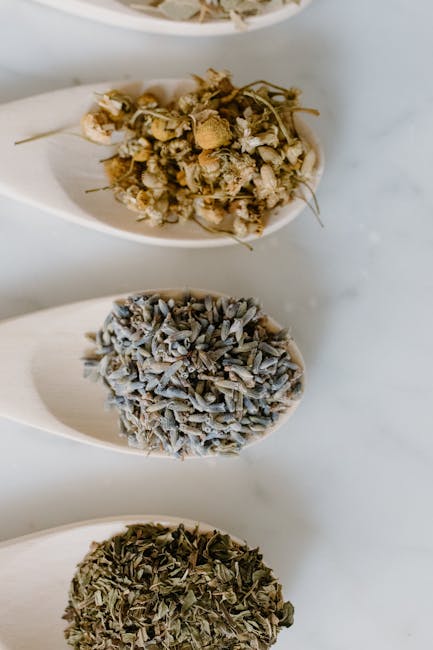How Herbs Can Help Heal and Strengthen the Gut Lining 🌿
Welcome to our exploration of the fascinating world of herbs and their powerful role in healing and strengthening the gut lining. Whether you’re a seasoned herbalist or a curious newbie, there’s something here for everyone. Let’s dive in!
Table of Contents 📚
1. Introduction to Gut Health
2. Understanding the Gut Lining
3. Top Herbs for Gut Health
4. How to Incorporate Herbs into Your Diet
5. Conclusion
6. FAQs
Introduction to Gut Health
In recent years, gut health has become a hot topic in the wellness community—and for good reason. Our gut is often referred to as our “second brain,” influencing everything from digestion to mood regulation. A healthy gut lining is essential for optimal digestive function and overall well-being.
Understanding the Gut Lining 🔍
The gut lining is a delicate membrane that plays a crucial role in nutrient absorption and immune function. When this lining becomes compromised, often referred to as “leaky gut,” it can lead to a host of health issues, including inflammation and food sensitivities.
Top Herbs for Gut Health 🌿
Here’s a look at some of the top herbs known for their gut-healing properties:
1. Slippery Elm
Slippery elm is a soothing herb that’s been used for centuries to calm the digestive tract. It forms a protective layer over the gut lining, aiding in repair and reducing irritation.
2. Marshmallow Root
This herb is not just for marshmallows! Marshmallow root contains mucilage, which coats the gut lining, reducing inflammation and promoting healing.
3. Licorice Root
Licorice root, particularly the deglycyrrhizinated version (DGL), is renowned for its ability to protect the stomach lining and enhance mucus production, helping to prevent ulcers and improve gut health.
4. Turmeric
With its anti-inflammatory properties, turmeric is a powerhouse herb that supports gut health by reducing inflammation and promoting a healthy microbiome.
5. Ginger
Ginger is not only a great digestive aid but also helps to reduce inflammation in the gut and soothe the digestive tract.
How to Incorporate Herbs into Your Diet 🍽️
Incorporating these herbs into your daily routine can be both simple and enjoyable:
Herbal Teas: Brew your own soothing herbal tea by steeping slippery elm or marshmallow root in hot water.
Powdered Supplements: Add powdered turmeric or ginger to your smoothies, soups, or stews.
Capsules: If you’re on the go, consider taking herbal supplements in capsule form for convenience.
Cooking: Use fresh ginger and turmeric in your cooking to naturally boost your meals’ gut-healing properties.
Conclusion
Healing and strengthening your gut lining is a journey, but with the right herbs, you can make significant strides toward better gut health. Whether you’re sipping on a warm cup of herbal tea or adding a sprinkle of turmeric to your dinner, every little bit helps!
FAQs 🤔
Q1: How long does it take to see results from using herbs for gut health?
A: Healing times can vary, but many people begin to notice improvements within a few weeks of consistent use.
Q2: Can I use these herbs if I’m on medication?
A: It’s always a good idea to consult with a healthcare professional before adding new herbs to your routine, especially if you’re on medication.
Q3: Are there any side effects of using these herbs?
A: Most herbs are well-tolerated, but some people might experience mild side effects. It’s essential to start with small doses to see how your body reacts.
We hope this guide inspires you to explore the wonderful world of herbs and their benefits for gut health. Happy healing! 🌟

